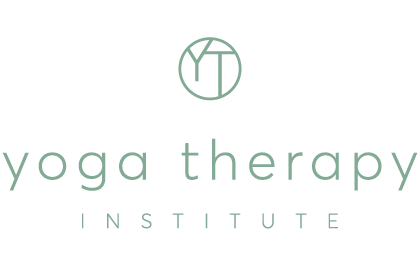Estimated reading time: 3 minutes
| Many Yoga therapists and teachers are working with clients who have mental health challenges, including anxiety and depression. Here are our top tips on how to work effectively as a part of a Multi-Disciplinary mental health team. |
Be the best Team Member you can be.
- Become familiar with other kinds of mental health professionals: including psychiatrists, clinical psychologists, counselling psychologists, psychotherapists, counsellors, occupational therapists, mental health nurses, social workers, art therapists and so on.
- Know what they do: whether it is professional assessment and diagnosis, medication, application of mind-based therapies, body-based therapies, or mind-body therapies.
- Be respectful: it’s often best not to comment on the modalities and treatment methods of other professionals or their approach to mental health management or to compare them to the Yogic approach.
- Be clear about your skills and level of expertise: what can you contribute that other professionals cannot?
What can the Yoga Therapist offer for Mental Health?
- Knowledge of how physical movement and breathing relate to mental health and how to apply appropriate evidence-based interventions, and
- Use of meditation, not just as a mindfulness tool, but also as spiritual inquiry that brings meaning and purpose to a person’s life
- An integrative understanding of the whole person, beyond their symptoms or illness
- A paradigm of union, with all of the seemingly separate aspects of ourselves
- An understanding that it is not the task of the therapist to ‘fix’ the client but to assist them in building health and wellbeing
- Awareness of the different aspects of Mind
Pitfalls to avoid when working with other Professionals in Mental Health
- They may not value your work and your contribution as highly as their own: In terms of education and professional registration yoga therapists are considered less skilled than doctors and psychologists.
- While Yoga Therapy is starting to be recognised as a legitimate component of health and wellbeing programs, you will still find other mental health professionals who are yet to understand the full scope of what our modality offers. Results speak volumes, as do reputable, published peer reviewed studies that you can bring into the conversation.
- It is also important for Yoga therapists to show the same respect for mainstream medical interventions as we wish them to show for our programs. Collaborative dialogue is vital in developing the very best care for clients.
- They may not understand what you do (even though they think they do): You may need to be patient and take the time to educate them about your area of expertise.
- They may think they can replicate what you do: This is common in areas such as ‘breathing advice’.
Remember the Client
The focus isn’t on the therapist, it’s on the client: successful mental health treatment rarely comprises of just one modality. It’s more like a puzzle – the pieces that fit best will be different for each individual client, and they may well respond best to a mix of treatments
Learn More
Learn more by undertaking one of our workshops or courses in the field of Yoga Therapy.
